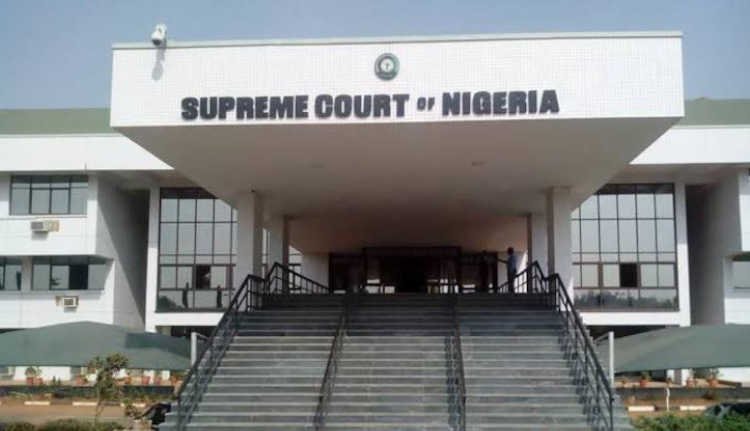State governors’ continued refusal to let local governments open Central Bank of Nigeria (CBN) accounts, despite a Supreme Court ruling, raises serious concerns about the role of state assemblies.
Development Diaries reports that the Supreme Court’s ruling on local government autonomy has faced new challenges.
The July 2024 ruling, backed by Section 162 of the 1999 constitution, was supposed to empower local governments with direct control over their finances, reducing the bureaucratic bottlenecks that have historically hampered development at the grassroots.
However, according to media reports, some state governors have specifically cautioned their council chairmen against opening an account with the CBN for the direct payment of their allocations from the federation account.
This is where the state assemblies come in. Why are they silent?
State legislatures play a crucial role in holding the executive branch accountable by investigating government actions. So why are they quiet in the light of this development?
State houses of assembly are constitutionally empowered to represent the interests of their constituencies, including the local governments, yet they appear noticeably silent in the face of clear executive defiance.
Their inaction suggests a failure to perform their oversight function, essentially abandoning their duty to protect grassroots governance and ensure the delivery of basic public services to citizens at the local level.
By not standing up to the governors or publicly demanding compliance with the Supreme Court ruling, many state assemblies are effectively aiding the erosion of local government autonomy.
If the legislators, who are meant to be the voice of the people, choose to remain passive, then they are no longer serving the interests of those who elected them but are instead enabling the concentration of power in the hands of the state executive.
Citizens must begin to shift focus to their representatives at home.
The lawmakers should be leading the charge in ensuring that the Supreme Court judgment is enforced in full, not only for the sake of legal compliance but also to enable effective governance at the grassroots.
Local governments are closest to the people and are better positioned to address community needs swiftly, yet their potential remains stifled due to political interference.
This silence by the legislative arm also continues to fuel public distrust in governance, because ignoring court rulings sends a message that the system is rigged in favour of the powerful, further alienating citizens from the democratic process.
People begin to question the relevance of their votes and the sincerity of public institutions in upholding justice and delivering development.
In light of these developments, Development Diaries calls on Nigerians to demand that their state houses of assembly step up and perform their constitutional roles.
It is no longer acceptable for lawmakers to remain spectators while the very structure of local governance is being sabotaged.
Accountability, transparency, and people-centred governance start with enforcing the rule of law, and the state legislators must lead that charge.






